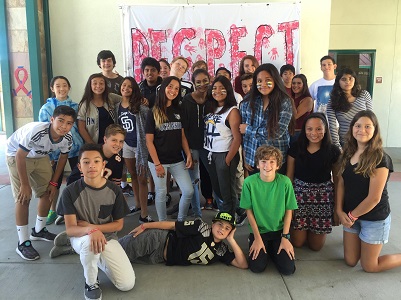A teenager’s need to be more independent, assert themselves and take risks is a normal and healthy part of his/her development.
As parents can attest, teens often seem to make impulsive decisions without thinking about consequences. Yet, studies show this is a natural outcome of this stage of growth since parts of the teenage brain responsible for impulse control only fully mature at about age 25.
Exploring their own limits and abilities, as well as the boundaries you set as a parent, is part of how teenagers develop their identity and become their own person.
Tips for Teen Years
Here are some effective ways for parents to navigate the teen years:
- Keep Communicating – Maintain easy, two-way communication and develop a supportive relationship that encourages your teen to talk openly with you
- Set Family Ground Rules – While teens often push against these rules, learn to be flexible in negotiating new limits as they mature and show they are ready for new responsibilities
- Stay Connected – Know where and how to reach each other by phone and who your teen is hanging out with
- Reinforce Values – Talk often with your teen about how decisions, behavior and actions reflect values and character and affect others in your community
- Manage Risk-Taking – Help your teen learn how to assess risk and channel risk-taking tendencies into more constructive, adrenaline-charged activities such as playing sports or performing in drama or the creative arts
- Model Behavior – Be a good role model to help guide your teenager’s behavior and actions as he or she matures and grows
- Be There – Show and tell your teen how much your family supports, loves and cares for him or her.
When parents encourage their teenagers to become more self-sufficient and provide strong, family support, adolescents are better equipped to meet the expectations, challenges and responsibilities they will face as young adults.
For more tips and information on the development and growth of teens, visit www.kidshealth.org.
Keep in the Loop
With pre-teens and teens, staying connected with student learning remains critical. Whether it’s checking homework, talking more about college and career choices, attending open houses or volunteering for PTAs, your engagement as a parent makes a difference.
Effective ways to keep in the loop as your student transitions to middle school and high school include:
- Going online regularly to check course outlines, class grades and assignments on the school website to monitor your student’s progress
- Encouraging teens to participate in college readiness forums and job fairs and to sign up for service-learning opportunities to prepare them for life after high school
- Learning more about what’s happening on campus, how school climate affects students and with whom your teenager is hanging out.
By knowing what’s happening in the classroom and on campus, you can help your student to focus on coursework and school activities to ensure college and career readiness.